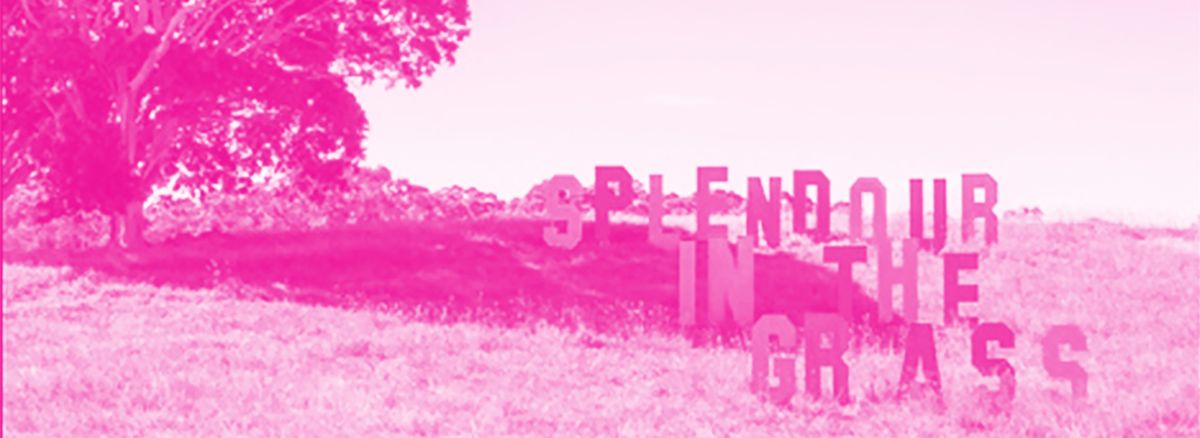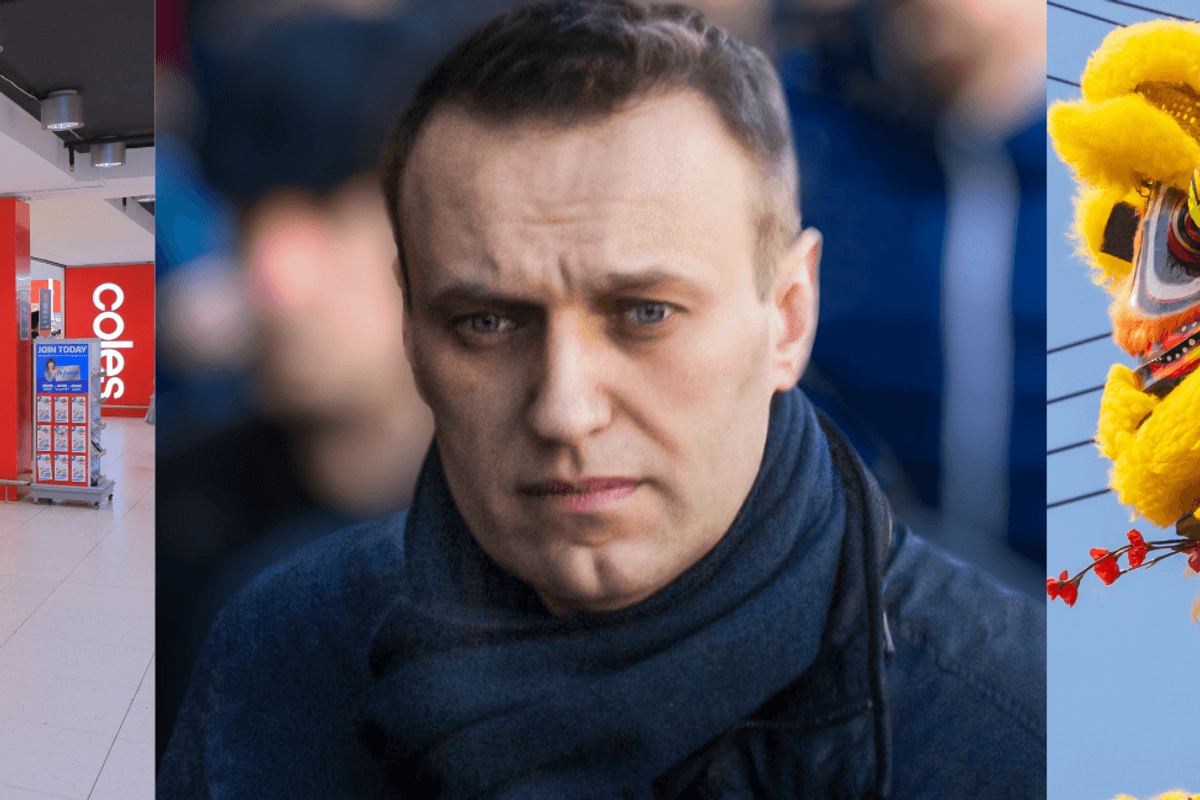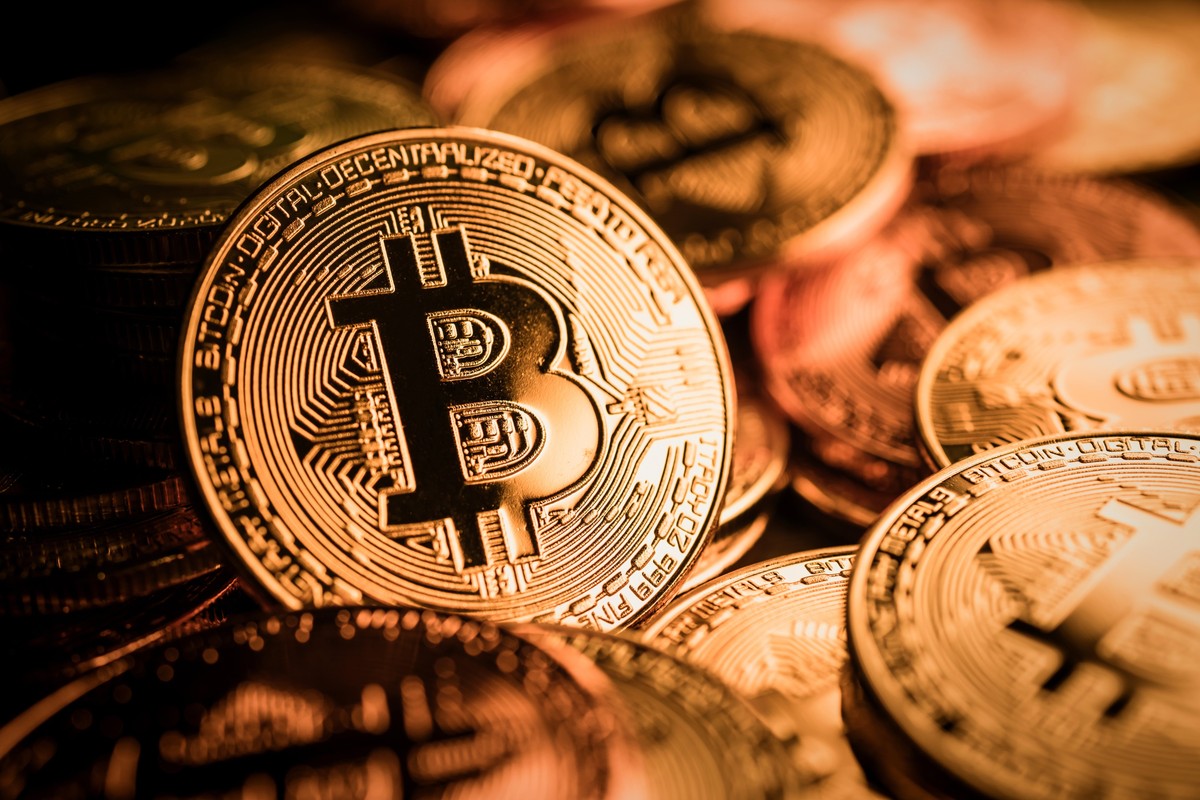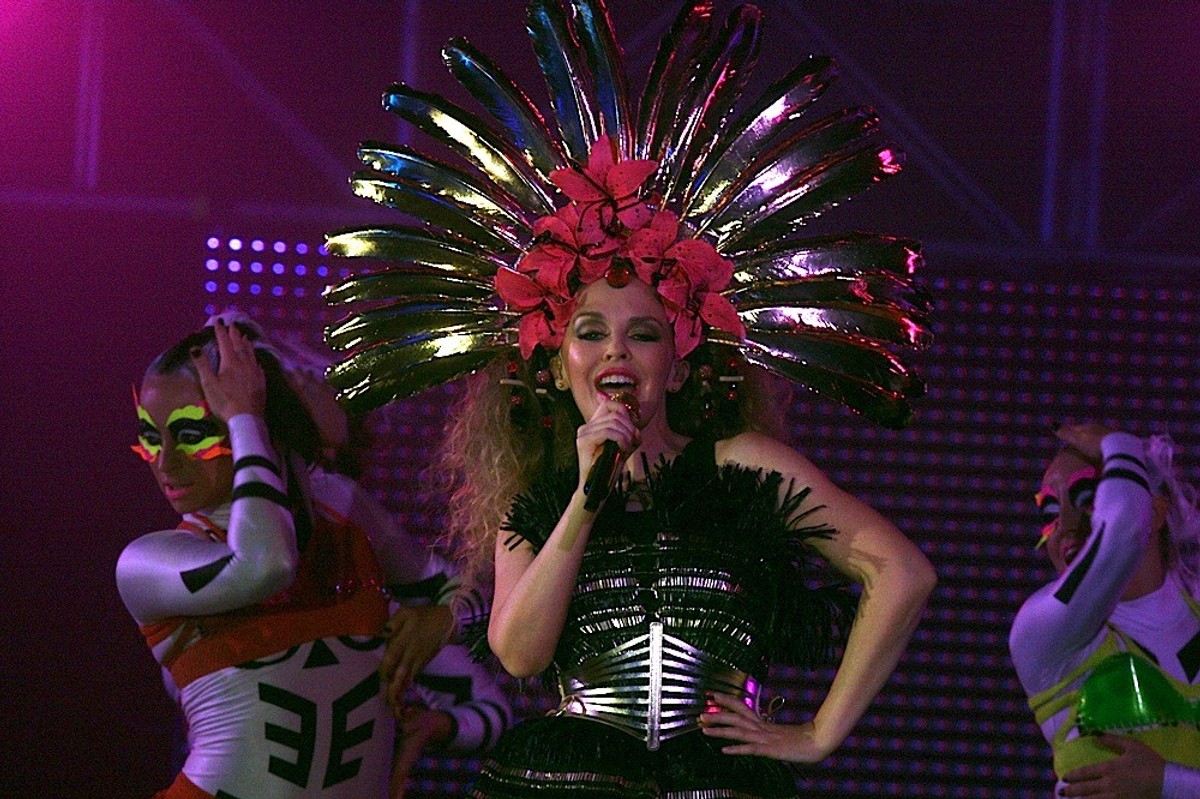Archie Oxenbould
Archie is a Masters of Journalism student and freelance writer who loves staying up until all hours watching the Australian cricket team. He is an avid writer of sport, film and social issues, with a focus on long-form narrative journalism.







Staring fear in the eye, this 'old guy' uncovers the fantastical duality of Splendour and walks away brand new.
"Follow me." My friend's voice was nearly lost amidst the gritty metal riffs coming from the stage and the sheer testosterone (so tangible it seemed to carry an audible presence) washing over me. I grabbed his hand and he pulled me through the crowd. The pack was a seething, writhing conflagration of festival-goers who had sardined themselves close to the stage in anticipation of an aging Australian rock band playing their one international chart-topping hit from a decade ago.
The song started and the nostalgic elation lifted in me as it did in the thousands of Hawaiian-shirted, bucket hat-headed, pupil-dilated ravers around me. Not content with the thrill of hearing "The Joker and the Thief" live, scores of revellers descended into pockets of riotous moshing - a kind of musically-induced madness.
It felt like insanity, it made me feel tiny and out of place, like a techno DJ at a blues concert. I won't lie. The experience, on the first afternoon of the music festival, was like a shock of cold water to the face. Wasn't Splendour in the Grass supposed to be a kinder space, of expression, love and openness? As I escaped that maniacal crowd, losing my friend and narrowly dodging a brewing fight on the way, I wondered how I had got it all so wrong?
I told myself how silly I had been to come. As if a quiet, slightly introverted, not-very-musically-adept kid from the city, prone to social anxiety, could really find a place here.
On the surface, music festivals and fragile mental health may not seem a wise mix. The loud, boisterous crowds, mixed with a cocktail of alcohol and mystery drugs can be triggers for those who suffer with conditions such as anxiety and depression. Listening to heavy, droning music for extended periods of time has been shown to lead to increased aggression and rumination over negative feelings, particularly in males.
There is a flipside to this, however. Amy Reimoser, a health worker with Chill Welfare, a social enterprise working with music festivals in the UK, talks about the potential benefits of music festivals on mental health concerns. She told The Guardian: "If you're a man with mental illness, you're much more likely to die early. You're more likely to smoke, more likely to abuse substances. A festival is a good chance to perhaps get hold of people like that who don't know they have a problem. [Men] can feel depressed and overwhelmed. Quite often [they] feel unable to talk to their mates."
I was overwhelmed by the Wolfmother crowd experience. It had come on the back of two exhausting morning shifts volunteering at the dusty bottleneck of the main gate, scanning the tickets of exuberant kids whose IDs showed DOBs in 1999 and 2000, making me, at 23, feel like the "old guy" on the gate.
Their babbling conversations and ecstatic laughter seemed to skewer me anew as I walked the festival grounds. What was I doing? "You were a fool to think you'd enjoy this," I told myself. "You shouldn't have come here." As the sun set on the first day of the festival and I contemplated another volunteer shift in the icy tendrils of a July night, I yearned for home.
Home is Sydney. I'd hopped in the car four days earlier with one of my best friends from high school. It's one of those friendships where a month, six months or even a year can pass between catch-ups, and it will feel like no time at all. With nothing but the unrelenting monotony of the Pacific Highway before us, we turned up Masayoshi Takanaka, a Japanese electro artist he was into, and began to reconnect.
The electro beat quickly became a side-note, as our conversation blossomed into something rare among young men. We talked about our emotions. We talked of our personal failings in recent relationships, we talked about depression, anxiety and trips to our respective psychologists. We talked so intently the highway disappeared. All that remained was a deeply invigorating sense of progression, to have finally spilt the beans too long canned inside of me. It is one thing for a young man to talk to a psychologist, another to talk to his mother or his female peers. But talking to another young man in his own mental health battle provides a startling reminder that you are never alone.
Rightly, female and minority issues have taken centre stage in recent times, having been backseat passengers for much of the past 5000 years of human civilisation. But it has left young men in a tricky spot. Already far less likely to seek mental health assistance than their female counterparts, young men have long been burdened with the erroneous assumption that expressing emotions is a sign of weakness. This has in turn, led to a disproportionately higher number of male to female suicides across the world.
"Men, and young men in particular, are far less likely to seek help for mental health conditions," explains Professor Judy Proudfoot, researcher at the Black Dog Institute, "This leads directly to problems with alcohol, drugs and gambling, resulting too often in suicide."
****
ANXIETY is a hell of a thing. I've struggled with social anxiety for much of my life - I had bouts of depression as a teen – and was recently formally diagnosed with it. It's one of those things where, in an instant, the tiniest, most innocuous event can grow into a ravaging snowball that chews up all in its path, leaving behind a frightened, addled mind.
When I wandered away from the concert amphitheatre after Wolfmother, my head doing things I thought I'd kicked months before, I retreated to the safety of my tent. The thinnest of fabrics, which could barely keep out the winter chill, cocooned me in its warm embrace for a moment. I knew there were two options; to recede within myself and let the disease beat me, or face it head on. When you're in the grip of a soft panic attack, this is not an easy choice to make. Everything in your body fights against reality, and the only feasible way out is to wrap yourself in something warm, plug in some easy music, and sleep. Certainly, this is the way I had done it every other time I'd felt like this.
But this time, I didn't. I remembered the conversation from the car, remembered how human I had felt when I looked it square in the eye and thought, "you will not beat me". In the dying light of the day, I made one last choice, to call someone close to me and tell them how I was feeling, remembering just how powerful this had been a few days earlier. They provided me with an anchor point amidst the swirling ocean of my rushing thoughts, helped reset my balance. With that done, I bounded up and into the fray.
When night falls at Splendour, the wispy tentacles of mist snake their way through the city of tents, lit impeccably by long-necked cranes of artificial light. The full moon's light and shade create a vision that at once feels like a dystopian nightmare and some kind of heavenly divinity. It filled me with a strange sense of serenity, as if the impenetrable blackness of the bush around us was a safety blanket, drawing us in together, ensuring our mutual happiness.
If Splendour by day is a death metal song, all passion and little sense, then by night it is a harmonic ballad, easy on the soul, slow and tender. Maybe it's the scores of people coming down from their drug of choosing and lapsing into a more comfortable mood. Maybe it's the excitement of the headline acts walking onto stage and belting out hit after hit.
I headed back to the main stage, the place that five hours earlier had swallowed me, leaving me anxious and claustrophobic. To get there, you follow the coloured lanterns, funnelled from the campsites in a buzzing, beating swarm, up to the crest of the highest hill in the area. Beyond that crest, you are treated to a magnificent view of Splendour's vast, natural amphitheatre spread out below. It's awash with a colourful sea of people, gently packed in every possible corner, swaying to the tune of a song that is yet to play.
I thought I was going to be miserable. I thought by coming back to the scene of my stirring panic, I would long to be gone in an instant. But I wasn't. With my friend by my side, we crammed our way through to the front of the crowd, closer to the stage than earlier. I saw friends we'd made the previous day, smiles and hugs were exchanged. "You made it!" They laughed with us as we discussed leaving our volunteer shifts just that little bit early to make it on time.
And then, suddenly, with the power of a thousand amps, the festival changes up. I change with it. Gone is the erratic craziness of the afternoon, gone are the literal and metaphorical dust clouds of the twilight. The moon shines upon us, these thousands of people who have gathered in a remote area of the lush Byron hinterland, all for a singular purpose. All there to lose themselves for a minute, an hour.
Lights beam out from the stage, in every colour you could dream of. The music kicks in and so too the dancing. Not the violent scuffling that had accompanied Wolfmother, but the unstoppable ease of movement that only Tame Impala can provide. I looked about me, and I realised that I had been wrong about the festival. I was wrong to prematurely judge that which I had not yet understood.
The fantastical duality of Splendour reveals itself to me. The amphitheatre is transformed into a hive of contagious happiness. I am swept along in a current of pure positivity. I had looked my fear in the eye and refused to let it overwhelm me, something that had been so hard before.
The final song plays, so personal to Tame Impala's Kevin Parker yet so resonant, not only to me, but to everyone I spoke with after the show. The hook is "Feel like a brand new person". That I do, Splendour, that I do.
If this story has raised concerns, contact Headspace on 1800 650 890 or Beyond Blue on 1300 22 4636